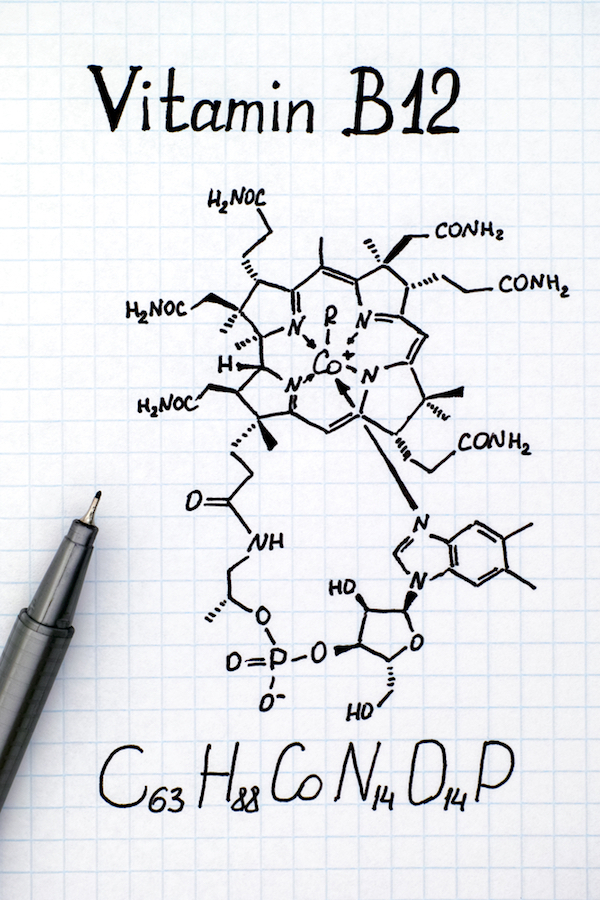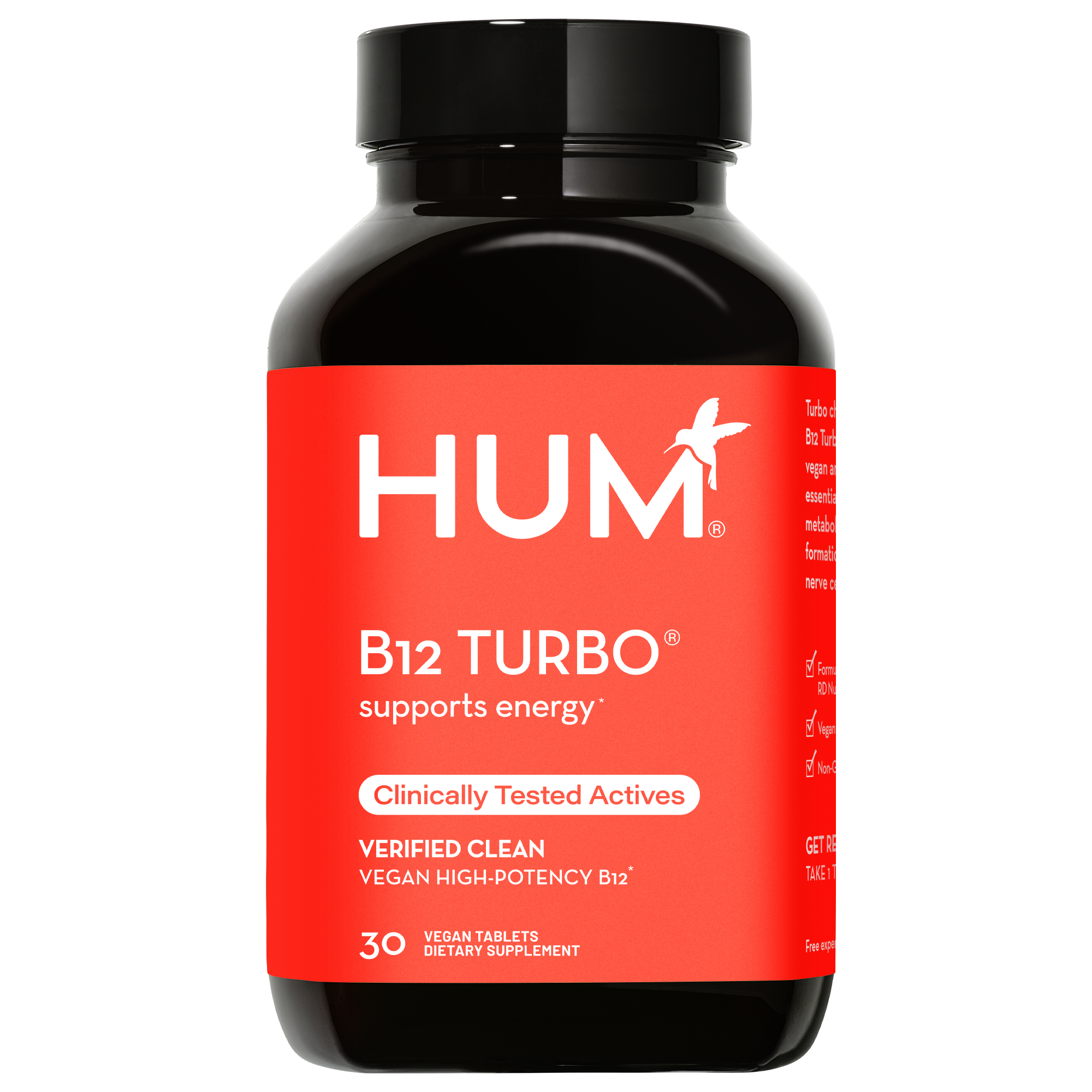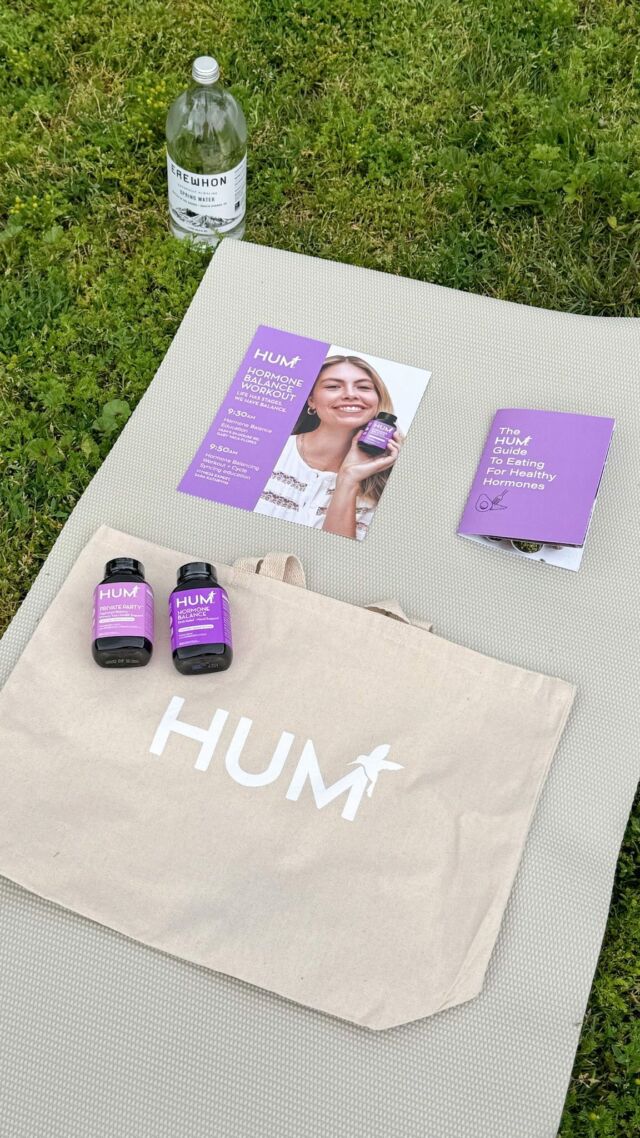Tired Much? You Might Have Vitamin-B12 Deficiency
By Zena Wozniak, NC, RYT •
February 28, 2018
Medically Reviewed By
Gaby Vaca-Flores, RDN, CLE
Registered Dietitian Nutritionist
Vitamin B12 is essential for your nervous system, metabolism, and especially, your energy. Here’s what you need to know.

What Is Vitamin b12?
Vitamin B12 is a water-soluble vitamin that the body needs to produce red blood cells, synthesize DNA, and maintain optimum neurological function. It also helps the body with its metabolic functions, including turning food into energy. Pretty great, right? Here’s the catch: Our body doesn’t make B12 on its own, so we have to get it from our diet or supplements.
Vitamin-B12 Deficiency Signs
A deficiency in B12 can be tricky to peg because there are so many varied symptoms. It’s also an incredibly common deficiency. In fact, one study found B12 deficiencies to be a worldwide problem. The subtler symptoms include fatigue, weakness, and difficulty thinking. (Basically, if everyday feels like a Monday, you might be deficient in B12.) More notable symptoms include:- joint pain
- numbness or tingling in the hands or feet
- difficulty walking
- shortness of breath
- a swollen tongue
- yellow skin
- depression
- anxiety
- paranoia
Who Is Susceptible to B12 Deficiency?
Because B12 is found in animal proteins, vegetarians and vegans will want to include it in their diets using fortified veg-friendly foods or by taking a daily supplement. Supplementing vitamin B12 is also a good idea for anyone over the age of 50. As we get older, our bodies become less efficient at absorbing B12 through digestion. Thus, supplementing ensures you get a proper dosage. A few lifestyle factors which may also deplete your levels of B12 include chronic alcohol consumption or stress. One good thing to note: Because B12 is water-soluble, the body will automatically flush out any it doesn’t need. For that reason, you’ll often see B12 supplements with upwards of 16,000% your daily suggest value.Dietary Sources of B12
Vitamin B12 is available in all animal protein sources. It’s richest in organ meats like liver, kidney, and giblets. The next highest concentration of B12 is in fish and seafood. Mussels, clams, oysters, mackerel, tuna, roe, crab, sardines, and caviar all have lots of B12. Finally, an adequate dose of B12 is in eggs, poultry, milk, and other dairy products. Vegetarian options include fortified nutritional yeast, nut milks, or vegan meat substitutions. To make sure you get enough though, we highly recommend a daily supplement such as HUM’s B12 Turbo.More like this







